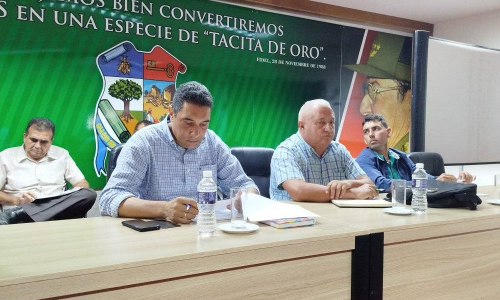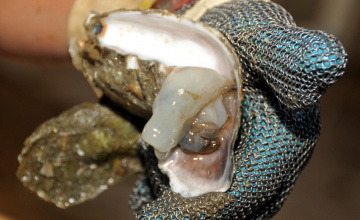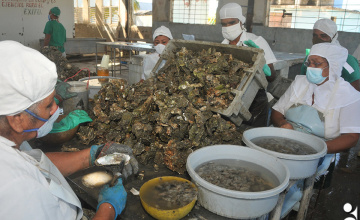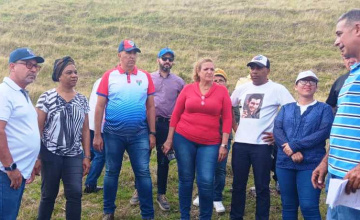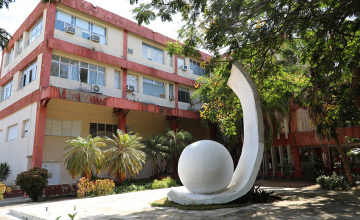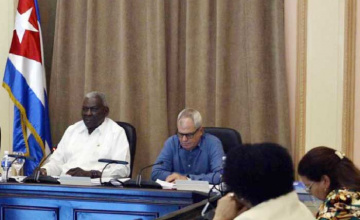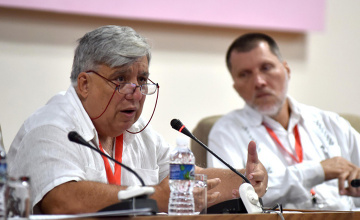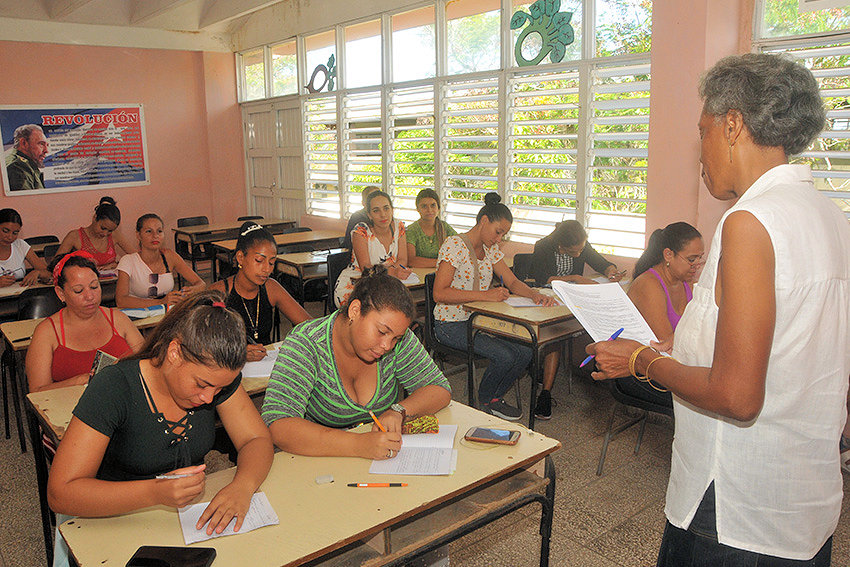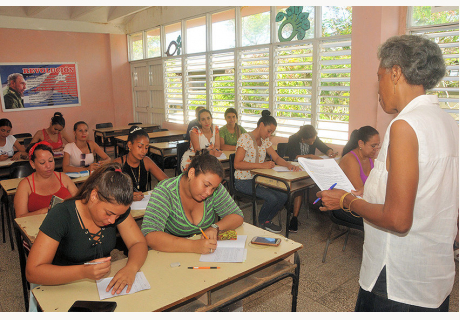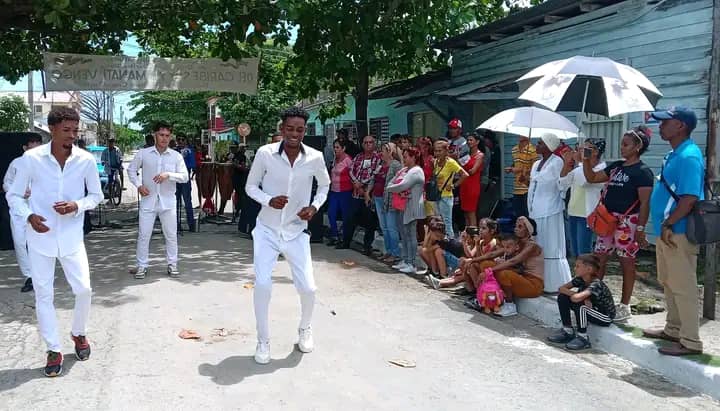
The habitat is one of the basic criteria that guides the update of the General Plan of Territorial and Urban Planning of the city of Las Tunas that experts of the Provincial Direction of Physical Planning (DPPF) carry out here.
Las Tunas, Cuba.- The architect Tania Vázquez Góngora, deputy director of Urbanism in the DPPF Las Tunas, commented that within the parameters of the Plan, "the one that has more weight is the habitat, related to the structure of the houses, of the city, the infrastructure and the services". Now, she said, they are in the phase of diagnosing the main problems to be faced, among which the existence of illegal or precarious neighborhoods stands out.
The illegal neighborhood, she explained, is one that has been fostered or grown without having the required permits, but can have water, electricity and good land conditions, and even be free of risk of damage from extreme weather events. In contrast, she added, the precarious neighborhoods are groups of houses built primarily on the outskirts of cities by families seeking to get close to services. They are built with all kinds of materials and without taking risks into account; therefore, she warned, they are particularly vulnerable to strong winds, intense rains, floods or industrial accidents.
So far, the Provincial Directorate of Physical Planning has preliminarily identified 14 precarious neighborhoods in the Capital of Cuban Sculpture. "Our intention," said Vázquez Góngora, "is to diagnose all these neighborhoods that do not meet the ideal conditions and propose a solution to them. In some cases, it will be enough with a regulation, providing the inhabitants with subsidies to improve their houses; or to relocate them within the same area". But others, she said, will necessarily have to be eradicated because they are in low-lying areas at risk of flooding, or because they are in vulnerable production areas; in other words, too close to industries that were there first.
It is not, she insisted, a study made lightly, "it is done, first of all, thinking about the well-being of the city so that it functions correctly and that it complies with all its services and infrastructure".
The General Plan of Territorial and Urban Ordering of the city of Las Tunas, in charge of the Provincial Direction of Physical Planning, includes diverse aspects of the social and economic life of the city and in its elaboration architects participate, together with specialists of areas like Tourism, Housing, Aqueduct and Sewerage and Education, among others. It is a joint work with representatives of the people's councils, which also has the advice of the University of Las Tunas in close coordination with agencies, companies and state institutions.
Vázquez Góngora said that proposals for actions will be derived from it in short terms, from three to five years; and medium terms, from eight to 10 years. "Each proposal or diagnosis is reconciled with the agency involved so that it is as comprehensive as possible," she said.
The extreme situation the country is going through due to the new coronavirus pandemic, she said, also delayed the initial deadlines set for the conclusion of the Plan. However, they hope to finish it this year, so that it can then be evaluated by the government of the municipalities and the province, as established by the Constitution of the Republic.




